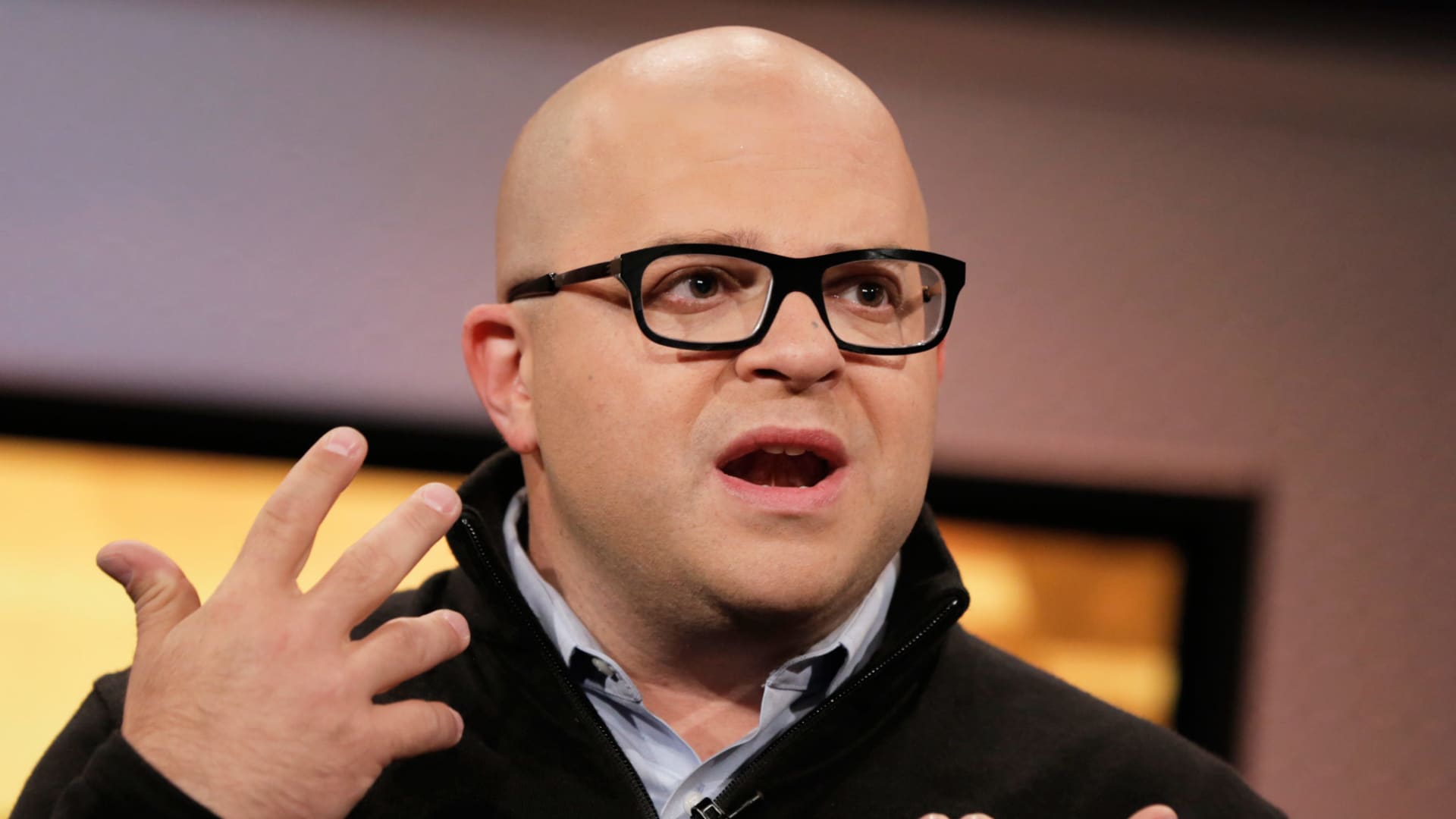SEC charges Twilio engineers with insider trading during early days of pandemic

The Securities and Exchange Commission on Monday charged three software engineers at cloud software vendor Twilio and several of their friends and family members with involvement in an insider trading scheme.
Between March and May 2020, as cloud tools were gaining use due to the surge in remote work, Twilio engineers Lokesh Lagudu, Chotu Pulagam and Hari Sure accessed financial information from the company’s databases. Through a private chat group, they shared that information with others, who then executed trades before Twilio announced first-quarter results in May 2020, according to the complaint filed in the U.S. District Court for California’s Northern District.
Twilio’s results soared past estimates and the stock skyrocketed. Due to the scheme, the group generated over $1 million in profits, the SEC said.
It’s a topic that’s gaining increased attention from regulators. The SEC has proposed new rules surrounding executives’ stock sales, and it reportedly investigated a sale by Tesla board member Kimbal Musk. Meanwhile, U.S lawmakers have discussed bills that would ban members of Congress from buying and selling stocks.
The three Twilio engineers sat on a team responsible for sending customers invoices, and each had signed an agreement saying they would not provide non-public information in a manner that could end in unlawful trading. Twilio’s software helps companies communicate with customers.
Sure passed information on the data to his friend Dileep Kamujula, and Pulagam gave details to his brother, Chetan Pulagam. Lagudu provided information to his girlfriend, Sai Nekkalapudi, and his friend, Abhishek Dharmapurikar.
After receiving the information, Sure wired around $10,000 to Kamujula, who then bought Twilio call options. Nekkalapudi and Chetan Pulagam, meanwhile, sought permission to trade options from brokerage accounts they had not used in years, the complaint said.
“We allege that this insider trading ring took advantage of valuable revenue information related to the pandemic at a San Francisco tech company,” said Monique C. Winkler, acting regional director of the SEC’s San Francisco Regional Office, in a press release. “We are holding these alleged tippers and tippees accountable for their roles in the scheme.”
Separately, the U.S. Attorney’s Office for California’s Northern District filed criminal charges against Kamujula, accusing him of securities fraud in association with his trading. The SEC charges are civil in nature and call primarily for monetary penalties.
A Twilio spokesperson could not confirm the employment status of Lagudu, Pulagam or Sure.
“The company is aware of the investigations being conducted by the U.S. Attorney’s Office and the Securities and Exchange Commission and the charges that were filed today,” the spokesperson said. “The company has been cooperating fully with both agencies.”
The Twilio engineers allegedly communicated in a private chat group, exchanging messages in Telugu, a language mostly spoken in southern India. Based on the customers data, they said in the group that the stock would definitely move higher following the results.
“Lagudu disclosed in the chat channel that he had ‘checked’ an internal revenue database and determined that ‘SMS and other costs increased this month’ and that likewise, email revenue ‘was increased,'” the SEC said in the complaint.
Lagudu told his colleagues that some customers were sending three times the number of messages they had previously sent, noting that the group observed one customer going from tens of thousands of dollars in revenue in earlier months to nearly $2 million in March.
Two days before Twilio issued first-quarter results, according to the complaint, Sure said in the chat group that it appeared the stock would jump to $150 from about $110 at the time, leading Chotu Pulagam to reply, “Miillionaireeeeee.”